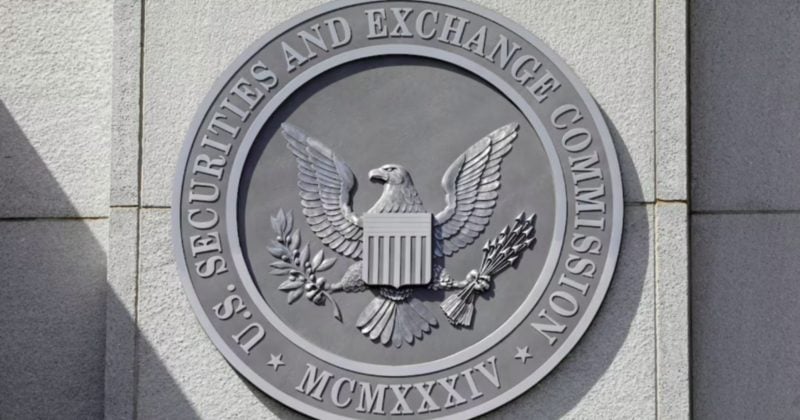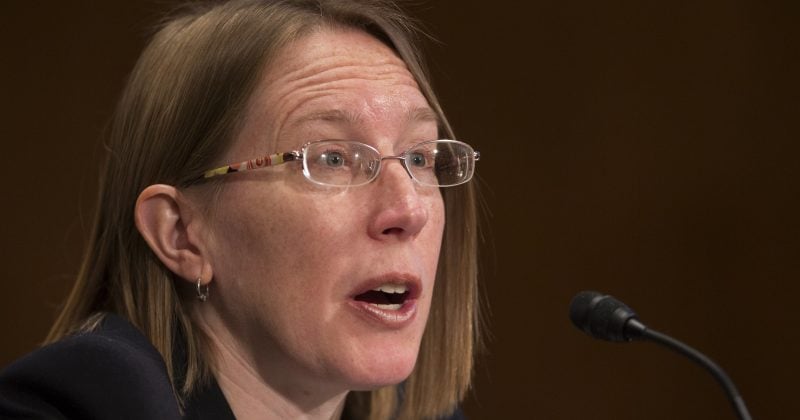As part of its efforts to keep up with changes in the financial world, the Brazil Central Bank (BCB) wants new rules on virtual currencies, especially stablecoins. The Central Bank said in a press release on November 29 that there would be a public consultation notice with a plan on how to regulate virtual asset service providers (VASs). The notice also listed situations that international capital regulations will cover.
A key rule in the new proposal is to disallow centralized exchanges from letting customers to withdraw their stablecoins to self-custodial wallets. This latest development is part of BCB’s Stablecoin Withdrawal Ban, which aims to comply with tightening financial regulations.
BCB Works To Comply With Changing Regulations
In a press release and consultation notice, the central bank will soon restrict the transfers of stablecoins or tokens in foreign currencies between locals in situations where existing Brazilian laws already permit payments in a foreign currency.
In a statement, BCB shared that the proposal is a testament to its commitment to complying with the changing realities in the digital asset landscape while protecting the integrity of global capital flows.
As contained in its crypto law passed last December 2022, the new plan lets the BCB monitor the digital currency sector. Interested parties are free to offer their opinions and views until February 28, 2025.

The central government stays as the last arbiter and enforcer of the new cryptocurrency rules even while the public can offer their recommendations. On the official website of the central bank, interested parties may access the complete proposal including guidelines on crypto providers on the withdrawal restrictions on stablecoins.
Other Things To Expect From New Crypto Proposal
According to BCB’s updated proposal, all cryptocurrency investments will be covered by existing regulatory standards that apply to traditional investments. For example, direct foreign investments, external credit, and Brazilian capital in cryptocurrencies need to comply with the current internal capital regulations.
Under the proposal, centralized exchanges must apply for foreign exchange licenses before offering services related to stablecoins.
Limitations on stablecoin withdrawals highlight the expanding impact of digital assets. The Internal Revenue Service (IRS) of the nation claims that stablecoins account for almost three-quarters of $4.2 billion in September crypto transactions.
Aside from withdrawal limits, Brazil’s central bank calls for stricter rules for digital asset companies. By subjecting these companies to investment standards, users will be protected, and operations can comply with international capital regulations.
The latest move from the Brazil central bank underscores the government’s appreciation of the importance of digital assets and the need to guarantee financial stability.
Featured image from DALL-E, chart from TradingView

 2 months ago
53
2 months ago
53









 English (US) ·
English (US) ·